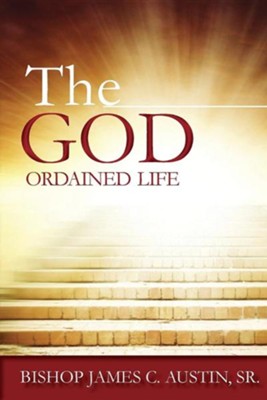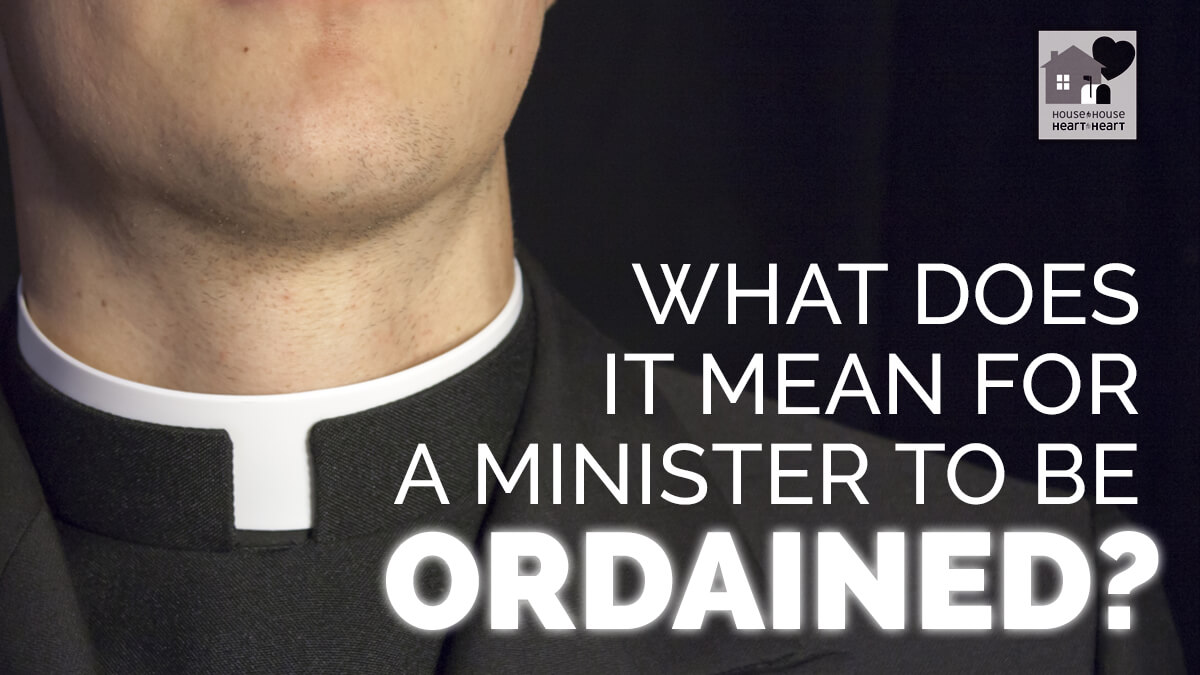**Here I Am: Reflections on the Ordained Life**
Introduction:
The ordained life is a sacred and significant calling that holds immense responsibility and purpose. It is a path chosen by individuals who are dedicated to serving their faith community and guiding others on their spiritual journey. In this article, we will explore the ordained life, its meaning, the challenges and rewards it brings, and the impact it has on the lives of ministers and their congregations. Join us as we delve into the depths of this noble vocation.
Heading 1: Understanding the Ordained Life
Subheading 1: The Calling
The ordained life begins with a divine calling – a sense of being chosen by God to fulfill a specific mission. Ministers often describe feeling a deep inner prompting or a spiritual tug towards serving others and spreading the teachings of their faith. This calling is not just a vocational choice but a profound spiritual journey.
Subheading 2: The Role of a Minister
A minister is not merely a religious leader but a servant, guide, and shepherd of the flock. They are entrusted with preaching the word of God, offering pastoral care, officiating sacraments, and nurturing the spiritual growth of their congregants. Their role extends beyond the pulpit as they provide counseling, support, and leadership within the faith community.
Heading 2: Preparation for Ordination
Subheading 1: Theological Education
Before becoming ordained, individuals undergo rigorous theological education. They immerse themselves in the study of scriptures, theology, church history, and pastoral care. The aim is to equip them with knowledge and tools necessary for effective ministry and to deepen their understanding of the faith they will serve.
Subheading 2: Discernment and Training
Ordination is not a hasty process but one that involves careful discernment and practical training. Aspiring ministers work closely with mentors and undergo internships or apprenticeships to gain hands-on experience in ministry. This period of formation helps them develop their skills, find their unique voice, and solidify their commitment to the ordained life.
Heading 3: Challenges and Rewards of the Ordained Life
Subheading 1: Emotional Weight
Ministers often carry the emotional weight of their congregants’ joy, sorrow, and uncertainty. They offer comfort and support during times of crisis, celebrate milestones, and guide individuals through life’s challenges. This emotional investment can be both fulfilling and draining, as ministers navigate the complexities of human experiences.
Subheading 2: Spiritual Fulfillment
Serving as a minister brings an unparalleled sense of spiritual fulfillment. Witnessing moments of transformation, experiencing the divine touch lives, and facilitating spiritual growth in others is profoundly rewarding. The opportunity to be a vessel of God’s grace is a constant reminder of the sacredness of the ordained life.
Heading 4: Impact of the Ordained Life
Subheading 1: Community Building
Ministers play a vital role in building and nurturing a strong and supportive faith community. By fostering an inclusive environment, encouraging fellowship, and organizing community outreach initiatives, they help create a space where individuals feel connected, heard, and supported in their spiritual journeys.
Subheading 2: Moral Guidance
Within the broader society, ministers serve as moral guides, providing a moral compass for their congregants and offering insights on ethical issues. Their teaching and influence extend beyond the walls of the church, shaping the values and worldview of the community they serve.
Conclusion:
The ordained life is a calling that requires unwavering commitment, compassion, and dedication. It is a path that demands continuous growth, learning, and transformation. As ministers navigate the complexities of their vocation, they are entrusted with the immense responsibility of guiding others in their pursuit of faith and leading them towards a deeper connection with the divine.
FAQs:
Q1: Can anyone become ordained?
A1: Ordination is typically reserved for individuals who have felt a divine calling and have undergone the necessary theological training and discernment.
Q2: What denominations ordain ministers?
A2: Various religious denominations ordain ministers, including Christianity, Islam, Judaism, Buddhism, and others.
Q3: Do ministers receive compensation for their work?
A3: Compensation for ministers varies depending on the faith tradition and the specific organization they serve. Some receive a salary, while others rely on donations.
Q4: Is the ordained life only open to men?
A4: While historically dominated by men, many religious denominations now embrace gender equality in ordination, allowing women to serve as ministers.
Q5: Can a minister be married?
A5: Different traditions have varying guidelines regarding marriage for ministers. Some allow married individuals to be ordained, while others require celibacy.
Bolded Title: Here I Am: Reflections on the Ordained Life
H1: Understanding the Ordained Life
H2: The Calling
H2: The Role of a Minister
H1: Preparation for Ordination
H2: Theological Education
H2: Discernment and Training
H1: Challenges and Rewards of the Ordained Life
H2: Emotional Weight
H2: Spiritual Fulfillment
H1: Impact of the Ordained Life
H2: Community Building
H2: Moral Guidance
Concluding Paragraph:
In conclusion, the ordained life is a sacred calling that requires individuals to embrace a higher purpose, willingly take on emotional burdens, and find fulfillment in guiding others. Through their theological education, discernment, and practical training, ministers are prepared to fulfill their roles as spiritual leaders. The challenges and rewards of the ordained life go beyond personal experiences as ministers impact their communities by building connections and providing moral guidance. The ordained life is a unique vocation that carries immense responsibility and privilege and continues to shape the lives of both ministers and their congregations.
FAQs:
Q1: Can anyone become ordained?
A1: Ordination is typically reserved for individuals who have felt a divine calling and have undergone the necessary theological training and discernment.
Q2: What denominations ordain ministers?
A2: Various religious denominations ordain ministers, including Christianity, Islam, Judaism, Buddhism, and others.
Q3: Do ministers receive compensation for their work?
A3: Compensation for ministers varies depending on the faith tradition and the specific organization they serve. Some receive a salary, while others rely on donations.
Q4: Is the ordained life only open to men?
A4: While historically dominated by men, many religious denominations now embrace gender equality in ordination, allowing women to serve as ministers.
Q5: Can a minister be married?
A5: Different traditions have varying guidelines regarding marriage for ministers. Some allow married individuals to be ordained, while others require celibacy.
Gallery
Pin On FaithsMessenger.Com

Photo Credit by: bing.com / everything encouragement daystar
Google Image Result For Http://i55.photobucket.com/albums/g121/jez402

Photo Credit by: bing.com / curate ordained doers
The God Ordained Life: James C. Austin Sr.: 9781939654540

Photo Credit by: bing.com /
149 Best Images About Order My Steps On Pinterest | Perfect Peace

Photo Credit by: bing.com / isaiah bible am lord journal equipped willing journaling steps order send doodle scripture study choose board lesfeldickbiblestudy
What Does It Mean For A Minister To Be Ordained? | House To House Heart

Photo Credit by: bing.com / ordained minister mean does church






